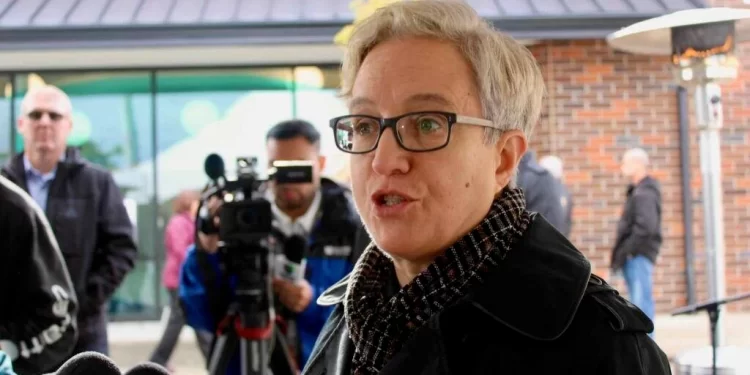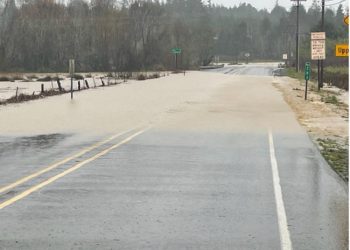Astoria, OR – Oregon Governor Tina Kotek has unveiled her proposed budget for the 2025-2027 biennium, totaling $137.7 billion, with a $39.3 billion general fund and lottery budget. While the overall budget marks a sharp increase from the $33.5 billion approved in 2023, Kotek’s proposal is focused on maintaining existing programs rather than introducing new initiatives, reflecting the state’s growing financial pressures.
Key components of the budget include a significant emphasis on addressing Oregon’s ongoing housing and homelessness crises. Kotek is seeking more than $2 billion in state funds to combat homelessness, a pressing issue she has prioritized since taking office. The budget includes $217.9 million to maintain shelters, $188.2 million to rehouse the homeless, and $173.2 million for eviction prevention. Additionally, the governor is requesting $880 million in state bonds to support the construction of affordable homes, aiming to build 36,000 new homes annually to alleviate the state’s housing shortage.
In education, Kotek has proposed $11.4 billion for the State School Fund, a notable increase from the current $10.2 billion. This boost is necessary to address rising pension costs and provide stability to school districts across Oregon. The budget also includes $127 million for early literacy programs, as well as $78.5 million to continue funding summer learning initiatives. Another $23.6 million is earmarked for the child welfare system, ensuring the state fulfills a recent class-action settlement, with a focus on eliminating temporary hotel placements for children in foster care.
Kotek’s budget also addresses critical health services, with a proposed $130 million in funding to retain and recruit behavioral health workers. This includes funding for mental health services, substance abuse treatment, and expanding residential care facilities. Additionally, Kotek has called for $25 million to support youth behavioral health programs, which include mental health services in schools and addiction treatment for young people.
Despite the comprehensive nature of the proposal, Kotek’s budget has faced mixed reactions. Advocacy groups have expressed concern that it does not go far enough, particularly in addressing the needs of community colleges, which are facing rising costs. The Oregon Community College Association has criticized the budget’s $70 million increase for community colleges, warning that it may lead to tuition hikes and service cuts.
On the other hand, Republican lawmakers have been critical of the budget, accusing Kotek of perpetuating failed policies with excessive government spending. Senate Minority Leader Daniel Bonham labeled the proposal as “completely disconnected” from the state’s revenue forecast, arguing that it would exacerbate Oregon’s housing crisis, homelessness, and healthcare affordability issues.
Kotek has also included provisions for reproductive health services, climate change initiatives, and immigrant support, all aimed at preparing Oregon for potential federal disruptions. With concerns about changes under a new presidential administration, the governor has set aside funding for defending state laws on reproductive rights, environmental standards, and immigrant protections. Additionally, $7 million is allocated to assist immigrants in navigating the immigration system, and $2.5 million is reserved for expanding reproductive health services, including programs related to abortion access.
Another major aspect of the budget is transportation, with Kotek proposing $1.75 billion for the State Highways Fund. This amount is seen as necessary to maintain and repair the state’s roads and bridges. However, a larger transportation package is expected to be debated later, potentially involving tax or fee increases to address long-term infrastructure needs.
In response to Oregon’s record wildfire season, Kotek has called for $150 million to support wildfire response, including funding for firefighting efforts and mitigation programs. With over 1.9 million acres burned, Oregon faces significant challenges, and the governor is advocating for an ongoing $130 million annually to address wildfire risks.
As lawmakers review the budget, Kotek’s proposal will likely undergo significant revisions. While it has received support from those focused on maintaining essential services, critics argue that it falls short in addressing Oregon’s long-term challenges. The debate over the budget will continue as the state navigates its complex financial landscape and strives to balance immediate needs with future investments.













